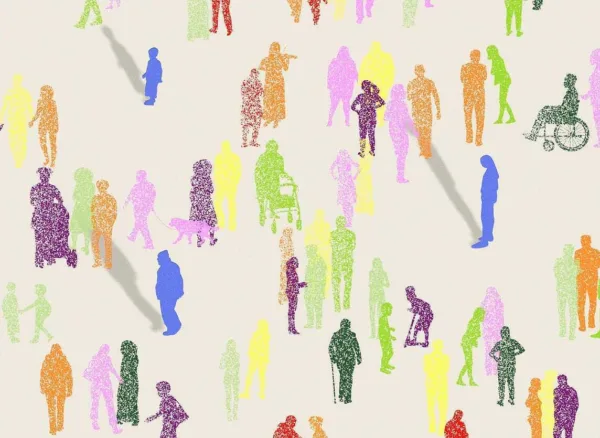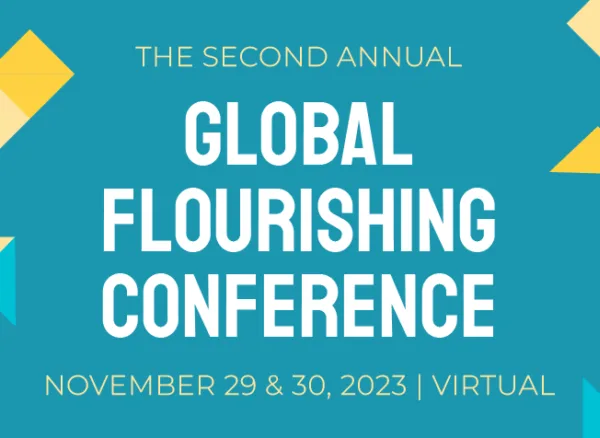Menu

A research project at Rice University is increasing the conversation about the intersection between science, spirituality, and religion. “Religion and science are the two fundamental ways people know things about the world and the fundamental ways that people think about truth in the world,” says Elaine Howard Ecklund, PhD, director of the Religion and Public Life Program at Rice. The Religion among Scientists in International Context study, funded by Templeton World Charity Foundation, is the first-ever empirical study of religion and spirituality among scientists in a cross-regional context. The study shines new light on the pervasive stereotype that scientists feign away from religious beliefs or that they may even be anti-religion, and examines if the perception of conflict between spirituality and science varies according to regional contexts.
22,000 scientists in 8 nations were asked to answer 77 questions concerning religion. Researchers also conducted 600 interviews with scientists on the subject. It turns out that most of the interviewees believe in God, Gods, or the notion of a higher power.
A perception exists among many scientists that it would be inappropriate to discuss their faith amongst their peers. “For me, science is one of the motivators to interrogate the boundaries of where things exist in the natural world,” believes Michael Galko, PhD and Associate Professor in the Department of Genetics at the University of Texas MD Anderson Cancer Center. Galko appreciates faith in the scientific community but that “science should proceed unhindered from religious influence.”
It’s been found that scientists of various faiths, despite those differences, look at the scientific method in the same way. Vicki Huff, PhD is also a Professor in Genetics at the University of Texas MD Anderson Cancer Center. She sees science and religion as distinct entities. "One’s a system of facts and the other is belief—something that sustains your soul, and I think that’s good.”
Many practicing scientists gain a sense of insight through their work that feels spiritual. James D. Mayhan, PhD is a Geological Researcher at the University of Houston (UH) and he’s experienced a sense of awe through his work. Mayhan states, “You learn A, you learn B, and then you find out that there’s an underlying connection between the two and it’s just absolutely amazing.”
Science excels at explaining how the world around us operates but it does not explain why our natural world is here and the purpose it serves. With 85% of the world’s population believing in a higher power, it is important to break down the stereotypes surrounding scientists and faith. If we misguide the public with the notion that scientists do not practice religion, we could be closing the door early on many great minds that could profoundly impact the future of humankind.
Highlights from this installment of our award-winning “Stories of Impact” video series:
Learn more about the TWCF-funded research project related to this episode.
Read the transcript from the full interview conducted by journalist Richard Sergay featuring: Dr. Elaine Howard Ecklund, Herbert S. Autry Chair in Social Sciences and Professor of Sociology at Rice University; Dr. James Mahan, Geological Researcher at the University of Houston; Dr. Michael Galko, Associate Professor at the University of Texas, MD Anderson Cancer Center in the Department of Genetics; Dr. Vicki Huff, Professor in the Department of Genetics and Director of MD Anderson's Advanced Technology Genomics Core, University of Texas, MD Anderson Cancer Center.
Templeton World Charity Foundation’s “Stories of Impact” videos by journalist and senior media executive Richard Sergay feature human stories and critical perspectives on breakthroughs about the universe’s big questions. The inspiring narratives and observations in these award-winning videos portray the individual and societal impacts of the projects that bring to life TWCF-supported research.




